Vitamin C Skincare: Choosing the Best Serum and Cream for Your Skin
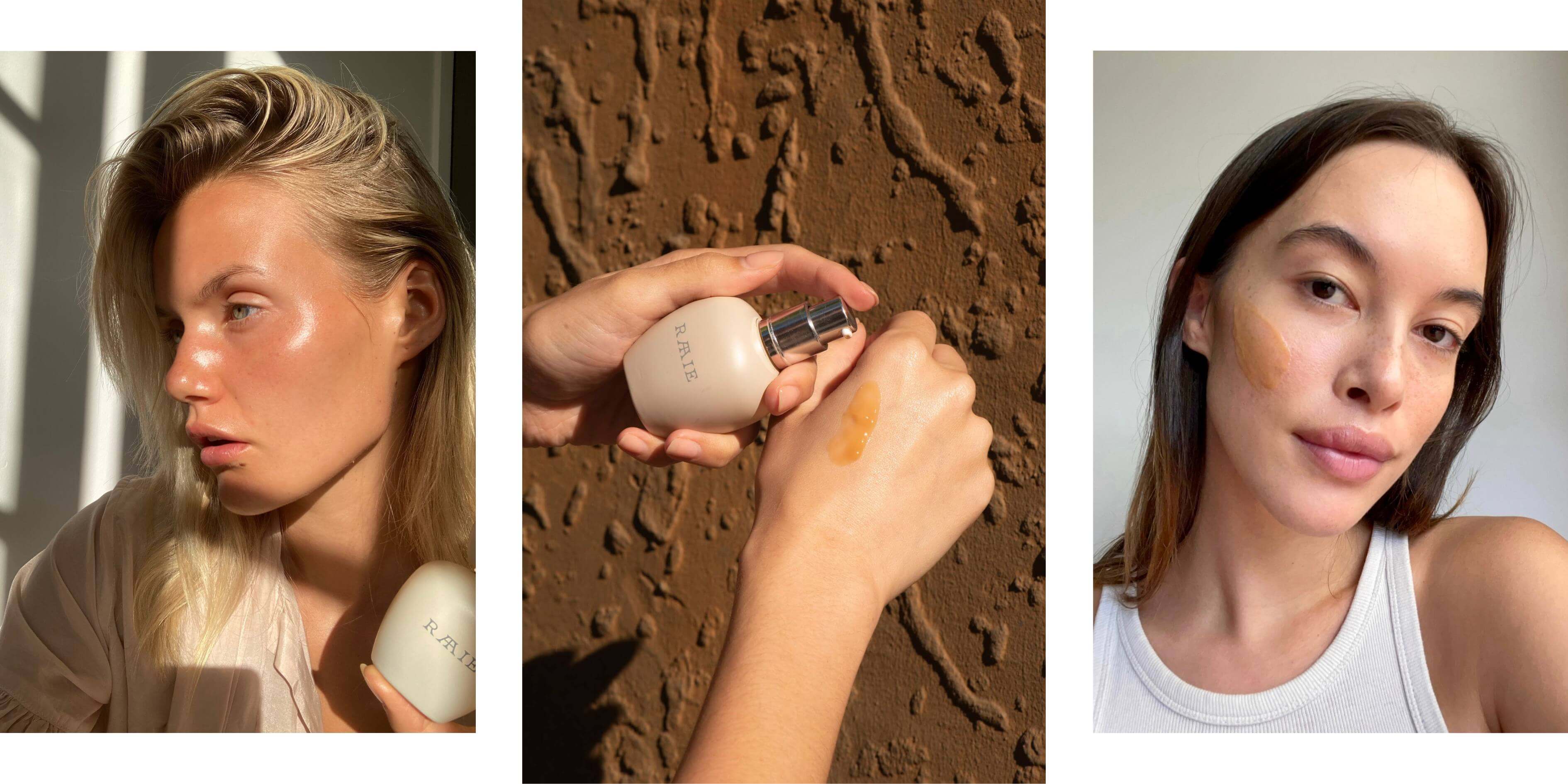
VITAMIN C IS THE MOST ABUNDANT ANTIOXIDANT IN human skin [1]. Unlike plants and some animals, humans are unable to synthesize vitamin C due to absence of the enzyme L-glucono-gamma lactone oxidase. Despite high doses of oral supplementation, only a small fraction of Vitamin C will be biologically available and active in the skin [2] Therefore, we rely entirely on external supplementation, such as topical application of serums and creams in the case of cosmeceuticals [1].
In skincare's dynamic landscape, Vitamin C emerges as a key player against aging, hyperpigmentation, and UV damage. However, not all Vitamin C products are equal. Understanding its nuances—research, formulation, stability, and natural sources—is crucial for effective skincare.
What is Vitamin C?
Vitamin C, also known as ascorbic acid, is a potent antioxidant with the ability to combat changes associated with photoaging and hyperpigmentation. While most plants and animals can synthesize Vitamin C in vivo, humans must obtain it from natural sources such as citrus fruits, green leafy vegetables, strawberries, papaya, and broccoli. It’s crucial role in preventing scurvy was recognised as early as 1937, earning Dr. Albert Szent Goyrgi the Nobel Prize. Today, research is focused on stabilising Vitamin C and finding innovative delivery methods into the dermis of the skin [2].
The Power of Vitamin C for the Skin
Vitamin C is a skincare superhero, offering protection against photoaging, UV-induced immunosuppression, and photocarcinogenesis. It promotes anti-aging effects by boosting collagen synthesis, stabilising collagen fibers, and reducing collagen degradation. Additionally, Vitamin C inhibits melanin formation, leading to a reduction in pigmentation. Its synergy with Vitamin E enhances protection against oxidative damage [source: PubMed].
Vitamin C Skincare Key Benefits:
- Reduces wrinkles
- Safeguards collagen and boosts production
- Assists in wound healing
- Protects against sun damage
- Reduces hyperpigmentation
- Promotes an even skin tone
- Enhances complexion brightness
- Acts as a shield against pollution and other free radicals
However, not all Vitamin C products are equally effective due to the challenges associated with its stability and penetration into the skin.
The Challenge of Vitamin C Stability
Vitamin C's instability poses a challenge in skincare formulations. Some products may not work as intended, as the molecule can break down under conditions such as heat, high pH, or sunlight. This degradation can occur during formulation, storage and transit, rendering the Vitamin C ineffective. Moreover, the skin's outer layer can repel water-loving molecules like L-ascorbic acid, preventing sufficient absorption [3].
Vitamin C Serum vs. Vitamin C Cream: Which Is Best for Your Skin?
Vitamin C is available in the market as a variety of creams, serum and transdermal patches.
Vitamin C Serum Effectiveness
Serums deliver a potent dose of Vitamin C directly to the skin, targeting fine lines, wrinkles, and hyperpigmentation. The lightweight texture of serums allows for quick absorption, making them ideal for layering under moisturizers and makeup. With a high concentration of Vitamin C, serums effectively neutralize free radicals, promoting collagen production and brightening the complexion [3].
Vitamin C serum shines with its direct and immediate action, boasting active Vitamin C in its formulation. With a low pH, it effortlessly penetrates the skin, delivering potent antioxidant protection and targeting imperfections from within [2].Vitamin C Cream Effectiveness
Creams, on the other hand, provide nourishing hydration alongside the benefits of Vitamin C, making them suitable for those with dry or sensitive skin. Cream formulations often include additional moisturising ingredients, such as hyaluronic acid or shea butter, enhancing overall skin health and radiance. The thicker consistency of creams creates a protective barrier, locking in moisture and shielding the skin from environmental aggressors [3].
However, Vitamin C creams offer a diverse range of formulations, but their effectiveness can vary. Not all may effectively reach the dermis or convert to the active form, potentially impacting their efficacy [2].
The choice between serum and cream ultimately hinges on individual skin needs and preferences. For those craving targeted treatment and powerful antioxidant defense, a Vitamin C serum may reign supreme. Conversely, individuals with dry or sensitive skin may find solace in the hydrating properties of a Vitamin C cream.
How to Choose the Right Vitamin C Product for your Skin?
The effectiveness of Vitamin C skincare products varies, and not all formulations deliver the desired results. Dermatologists emphasise the importance of understanding formulation and packaging. Look for products containing science backed research of ingredients to improved stability and skin penetration [3].
What to look for in a Vitamin C serum
- Look for products that have research to back up their claims
- Looks for ingredients and formations that increase or stabilise Vitamin C
- Chose a serum Vitamin C vs a vitamin C cream if you want impact
The Types of Vitamin C that Actually Work in Skincare
In the vast realm of skincare, the selection of Vitamin C stands as a pivotal choice, and among the standout brands, RAAIE has truly captured our attention. Their core Vitamin C, Sodium Ascorbyl Phosphate (SAP), emerges as a gentle and stable force, ensuring the coveted benefits reach the skin with unparalleled grace. Celebrated as the holy grail, SAP mirrors the virtues of L-ascorbic acid, delivering a potent blend of antioxidants, collagen-boosting elements, and pigment-evening properties.
RAAIE's distinctive approach lies in the strategic fusion of Sodium Ascorbyl Phosphate with Ascorbyl Tetraisopalmitate, a robust variant of Vitamin C. Research suggests that Ascorbyl Tetraisopalmitate surpasses L-ascorbic Acid, lingering in skin cells for an extended period and unleashing a significantly heightened effect. Its lipid solubility propels faster absorption into the skin, adding an extra layer of efficacy to the skincare ritual [5].
Scientific validation, courtesy of Stamford's research and Dr. Hema Sundaram's 2018 study, delves into the stability, transdermal penetration, safety, efficacy, and tolerability of these Vitamin C formulations. RAAIE's commitment to efficacy is not just a claim; it's a scientifically-backed revolution for the skin [4].
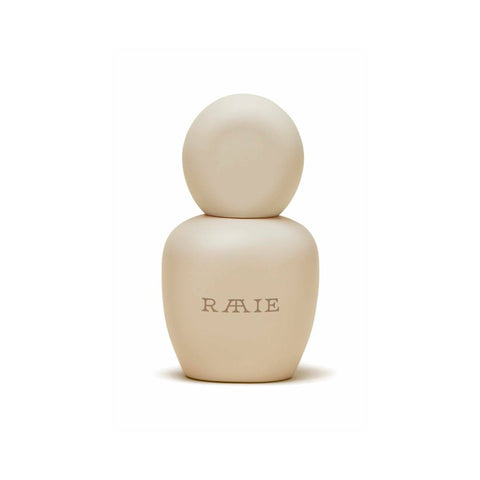
RESULTS*:
- 91% said their skin looked brighter
- 89% said their skin looked more dewy
- 86% said their skin looked more even toned
On a parallel journey, Founders Formula uses Waratah Extract (Telopea speciosissima) which intensifies the antioxidant activity, and Finger Lime Caviar Extract (Citrus australasica), itself a rich source of Vitamin C, that is also naturally high in Ferulic Acid and helps stabilise the Vitamin C in the serum. Founders Formula's Wild-Harvested Kakadu Plum Vitamin C Serum Kakadu Plum fruit contains not only synthesised and isolated ascorbic acid (Vitamin C) but comes with a complementary mix of bioflavonoids and wide range of antioxidants beyond just ascorbic acid, that occur together in nature and together combine to enhance the formula's efficacy [6].
The presence of bioflavonoids may assist the transport of Vitamin C, while the presence of additional types of antioxidants enhances antioxidant activity. Kakadu Plum has an extremely rare antioxidant profile.
Kakadu Plum is a desert plant meaning the harsh growing conditions force the plum to develop a highly efficient defence system using a range of diverse antioxidants.
Importantly, Founder's Formula Wild-Harvested Kakadu Plum Vitamin C Serum also contains insoluble fiber which helps to stabilise the Vitamin C and makes it easier for the skin to tolerate ascorbic acid.
Wild-Harvested Kakadu Plum Vitamin C Serum
Vitamin C: A Must for Your Skincare Routine
It's noteworthy that products merely promoting the presence of Vitamin C without substantiating claims with research or clinical studies may raise concerns about the effectiveness of the Vitamin C ingredient. This lack of evidence may suggest a potential issue with stabilisation, which can significantly impact the product's efficacy.
To make an informed decision, consumers should prioritise products backed by sound research, demonstrating the stability and effectiveness of the Vitamin C present. By delving into the science behind the formulations, individuals can ensure that they are investing in a product that not only boasts Vitamin C but delivers tangible and lasting results for their skin.
Remember, the journey to healthier, glowing skin is not just about embracing the power of Vitamin C but doing so with a discerning eye for quality and effectiveness. Choose wisely, and let your skincare routine be a testament to the undeniable benefits of well-formulated Vitamin C serums.
References
[1] Topical Vitamin C and the Skin: Mechanisms of Action and Clinical Applications, Firas Al-Niaimi, Nnicole Yi Zhen Chiang, National Center for Biotechnology Information, 2017.
[2] Vitamin C in dermatology, Pumori Saokar Telang, National Center for Biotechnology Information,2013 Apr-June.
[3] Does Vitamin C Actually Help Your Skin?, Melinda Wenner Moyer, , New York Times, Sept 15, 2023.
[4] Stamford, Stability, transdermal penetration, and cutaneous effects of ascorbic acid and its derivatives. Journal of Cosmetic Dermatology, 11(4), 310-317, 2012
[5] Pilot evaluation of safety, efficacy, and tolerability of a new topical formulation for facial hyperpigmentation, combining ascorbyl tetraisopalmitate and crosslinked resilient hyaluronic acid, Hema Sundaram, MD, 2018.


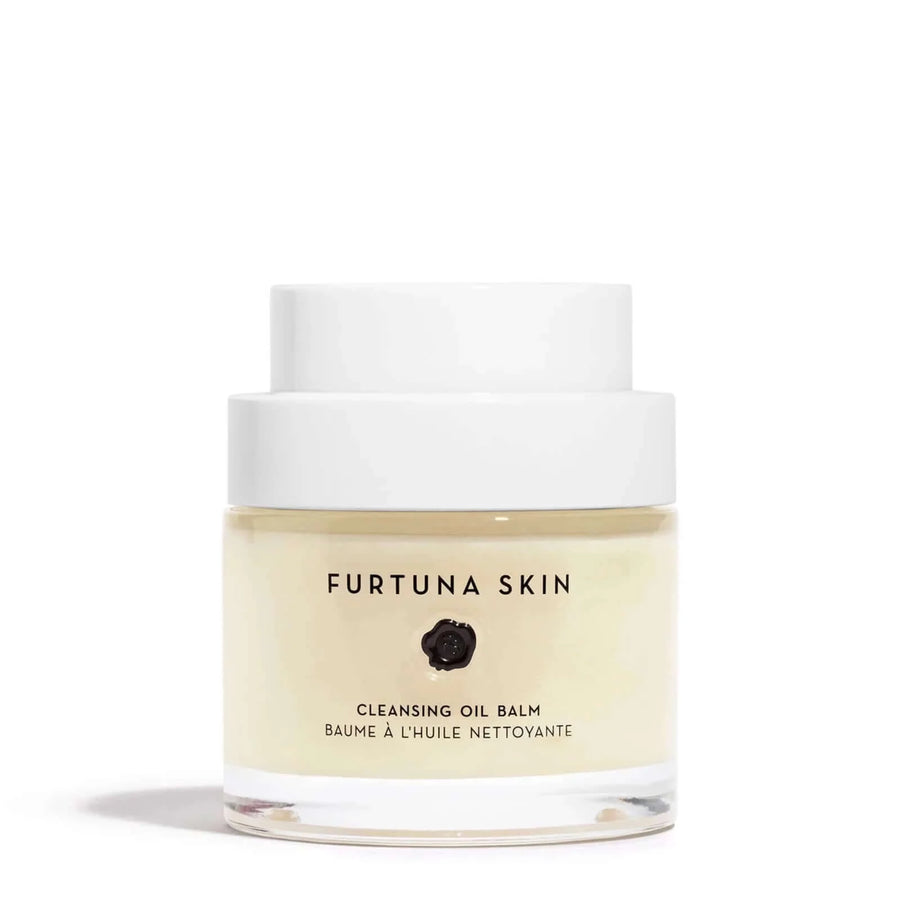
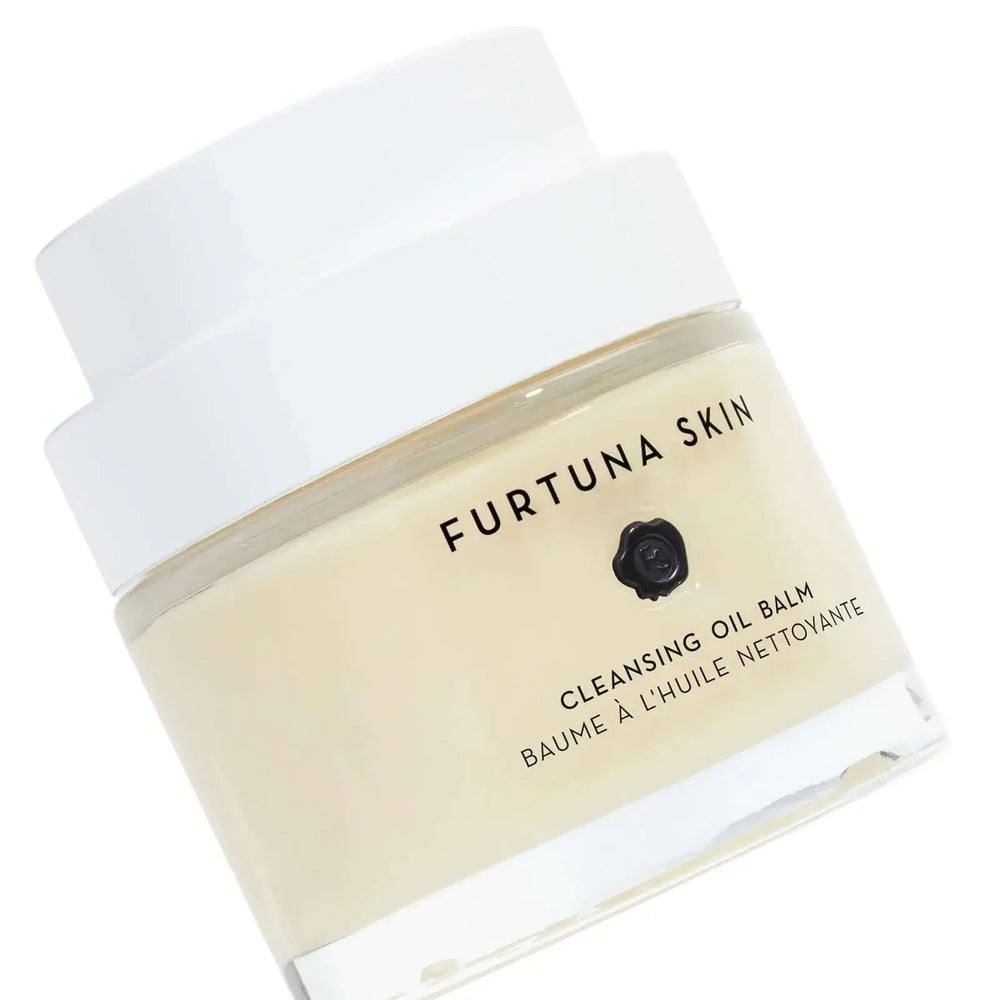
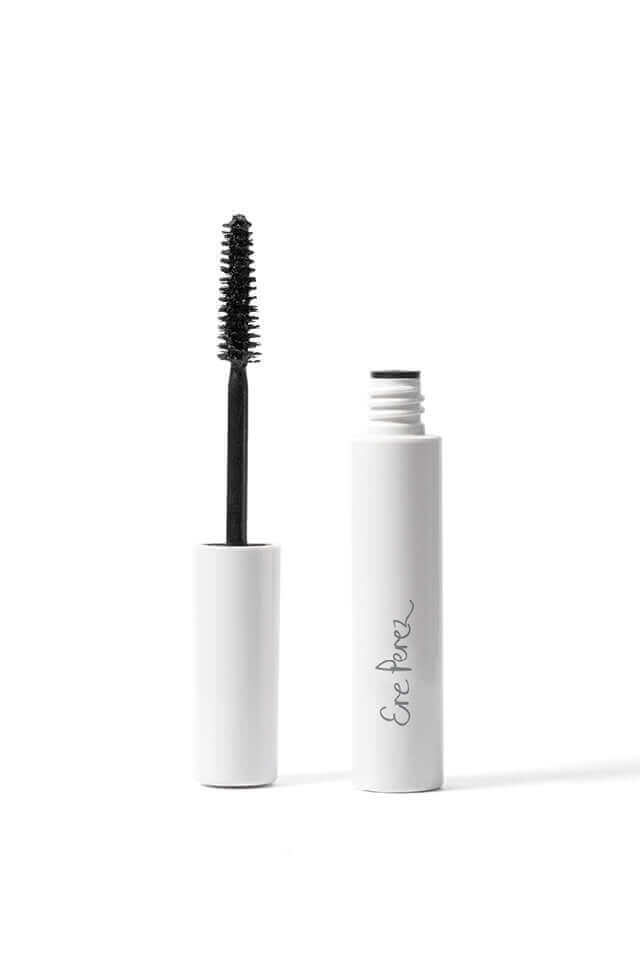
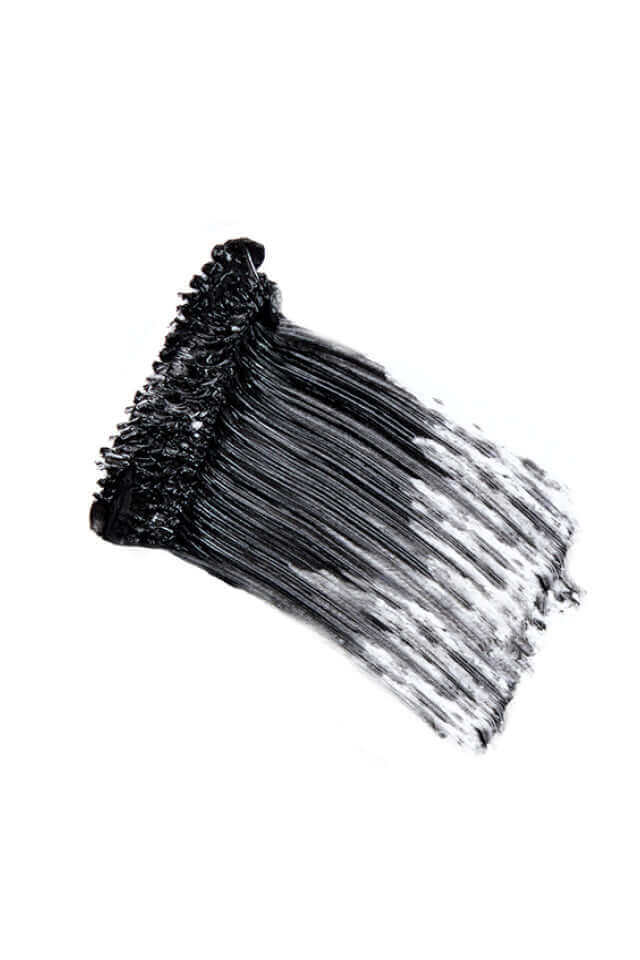
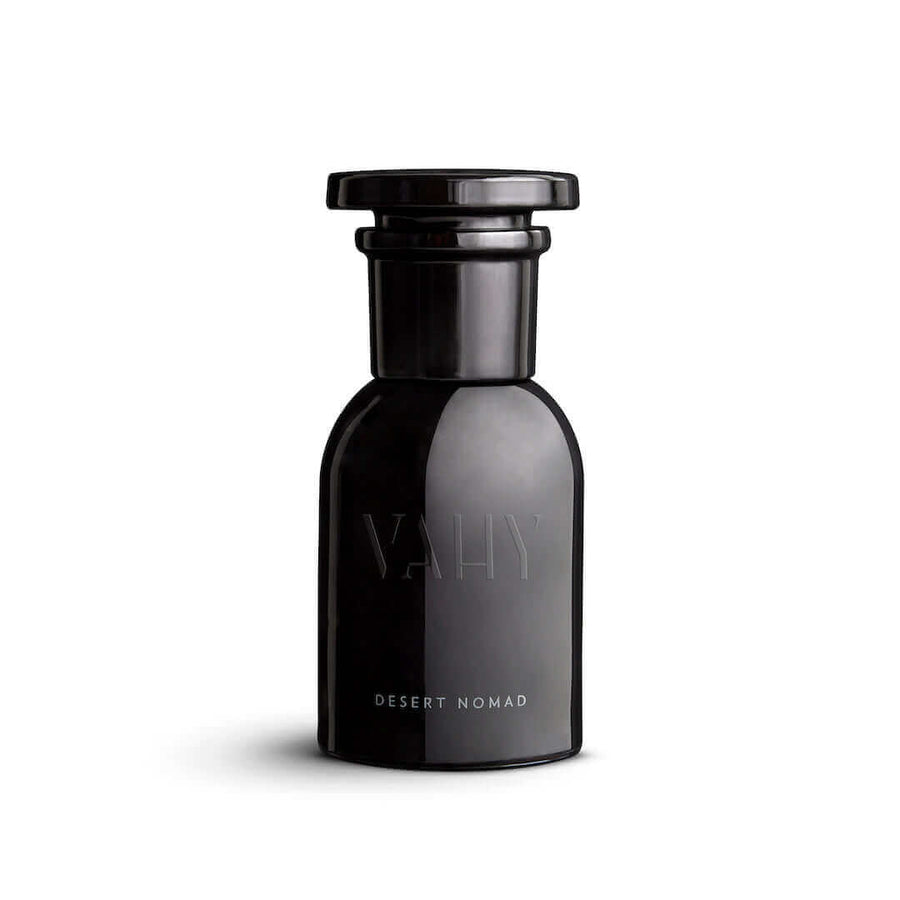
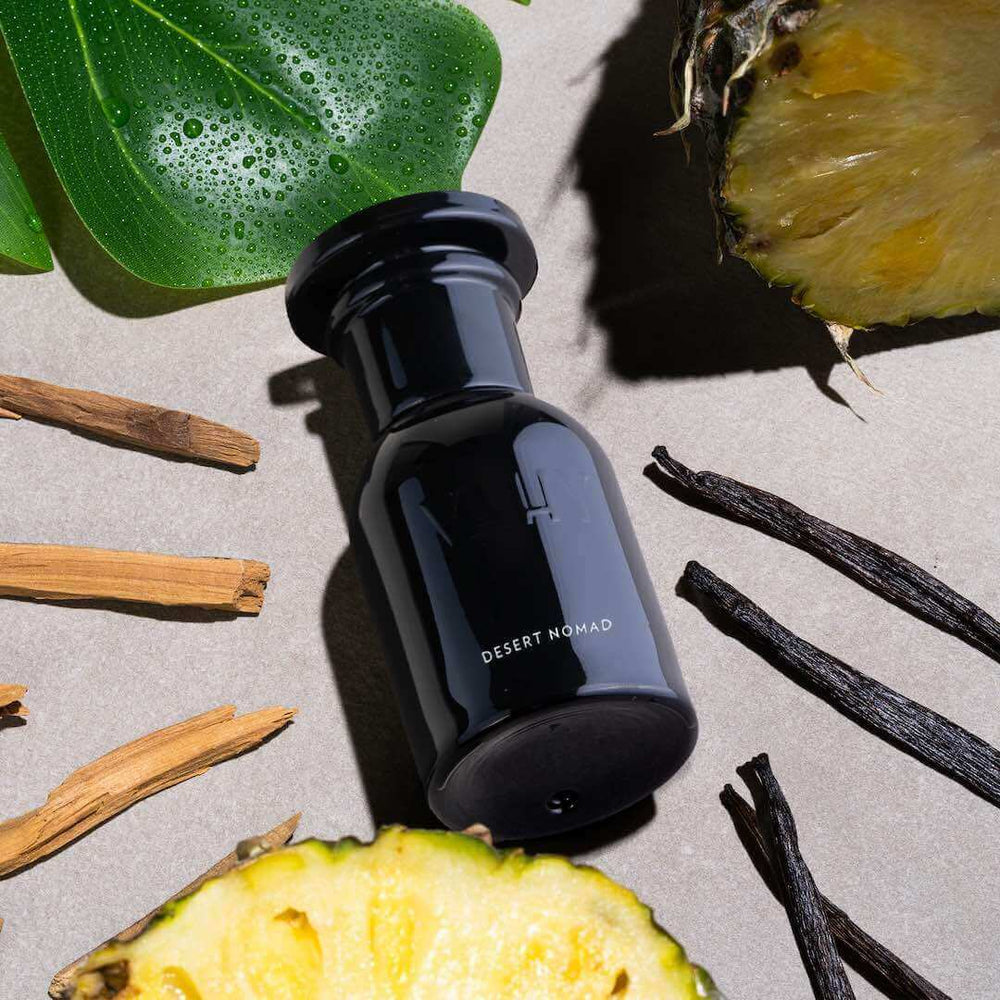




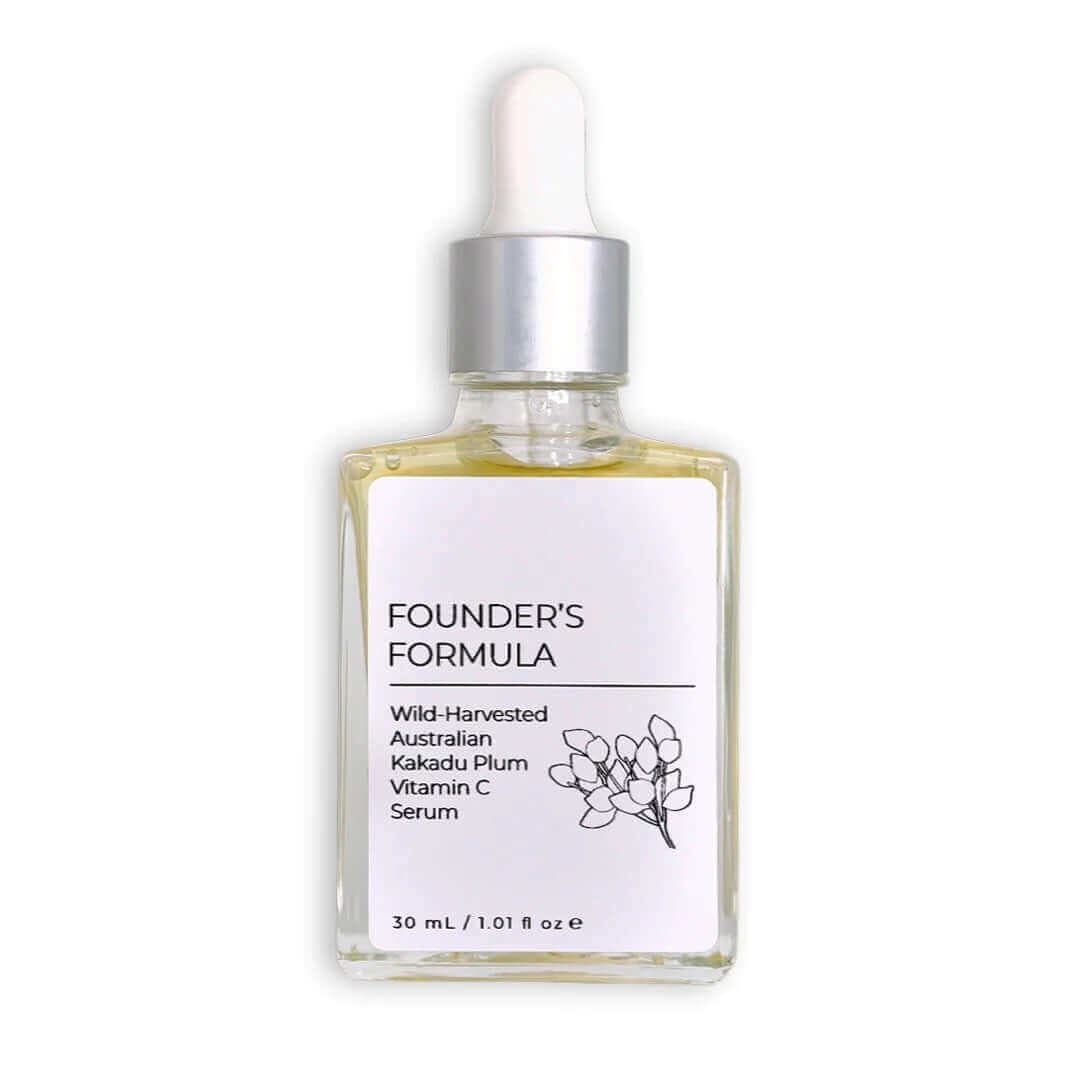
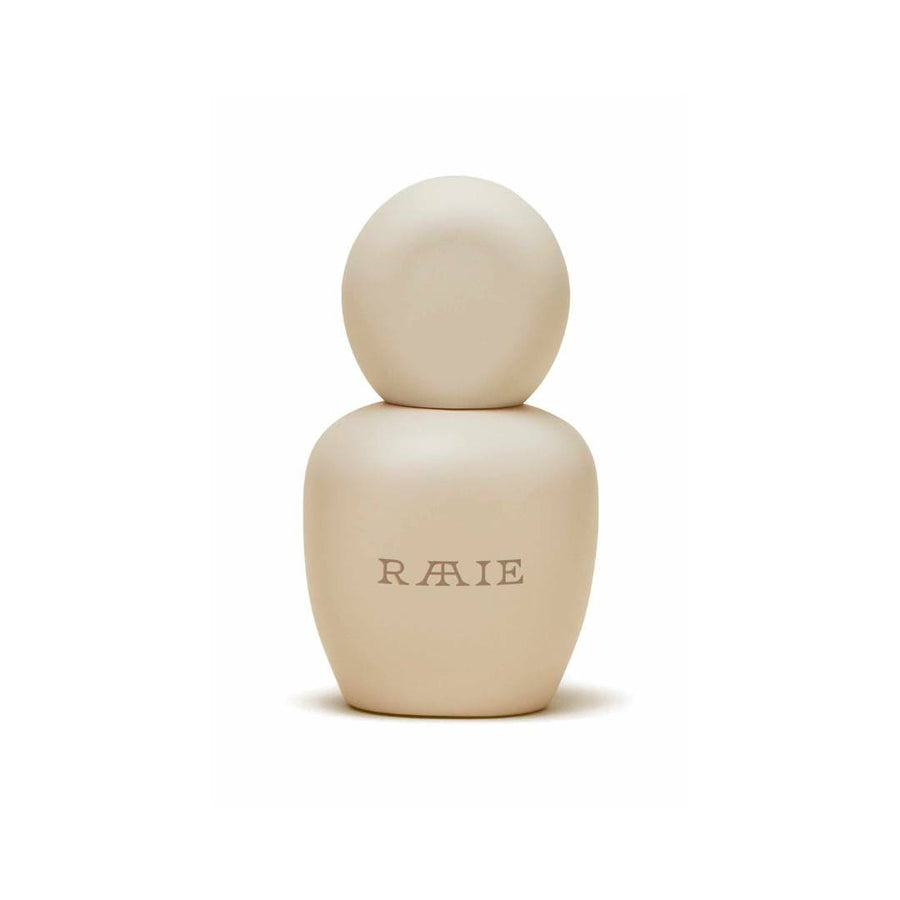
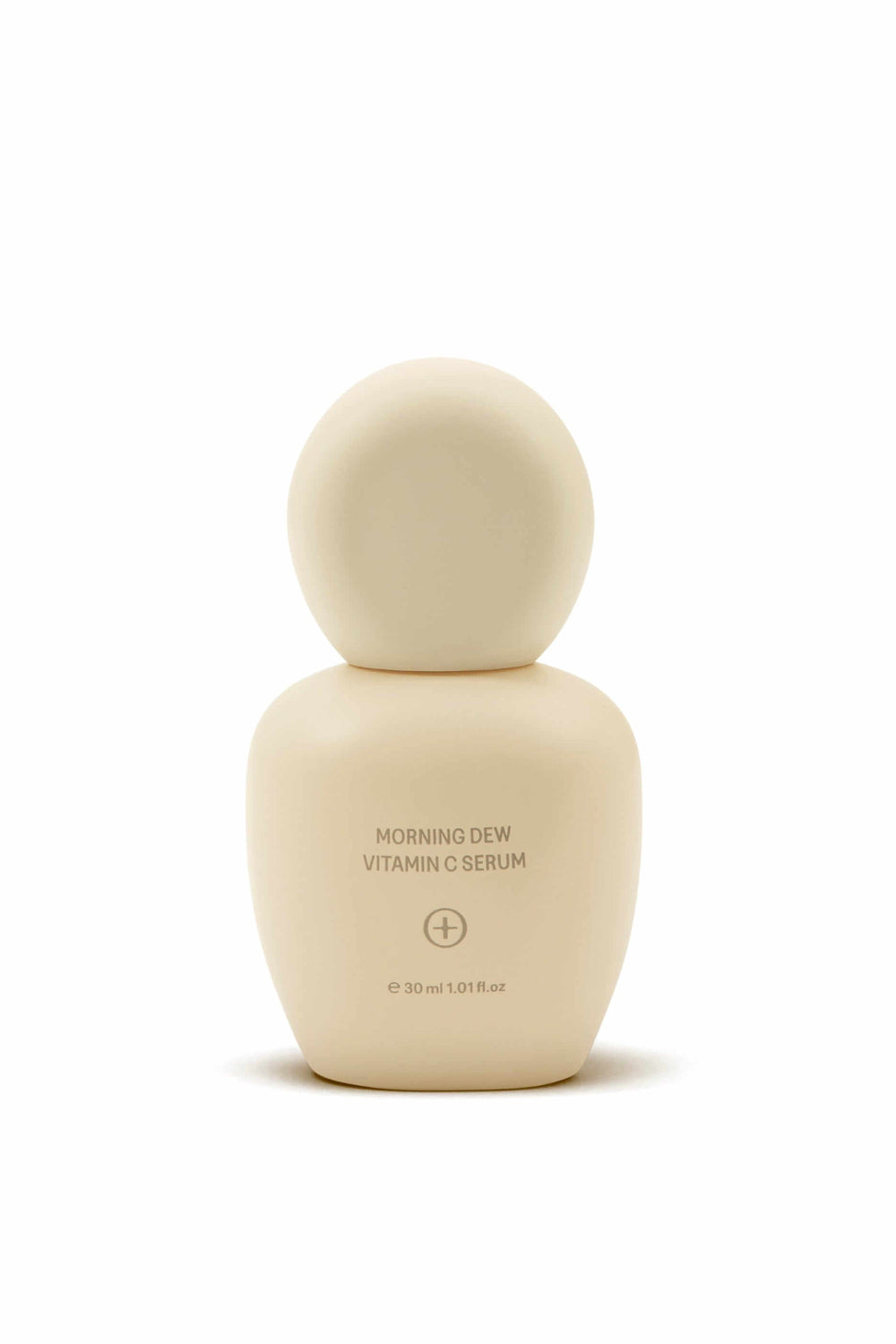
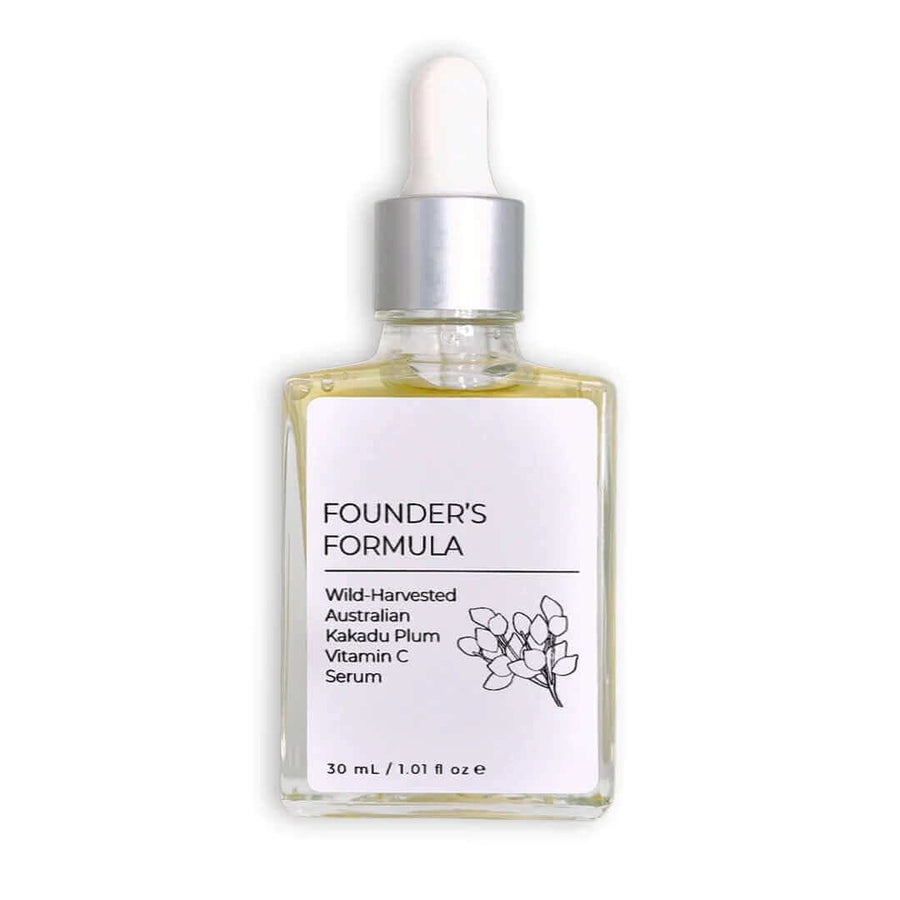
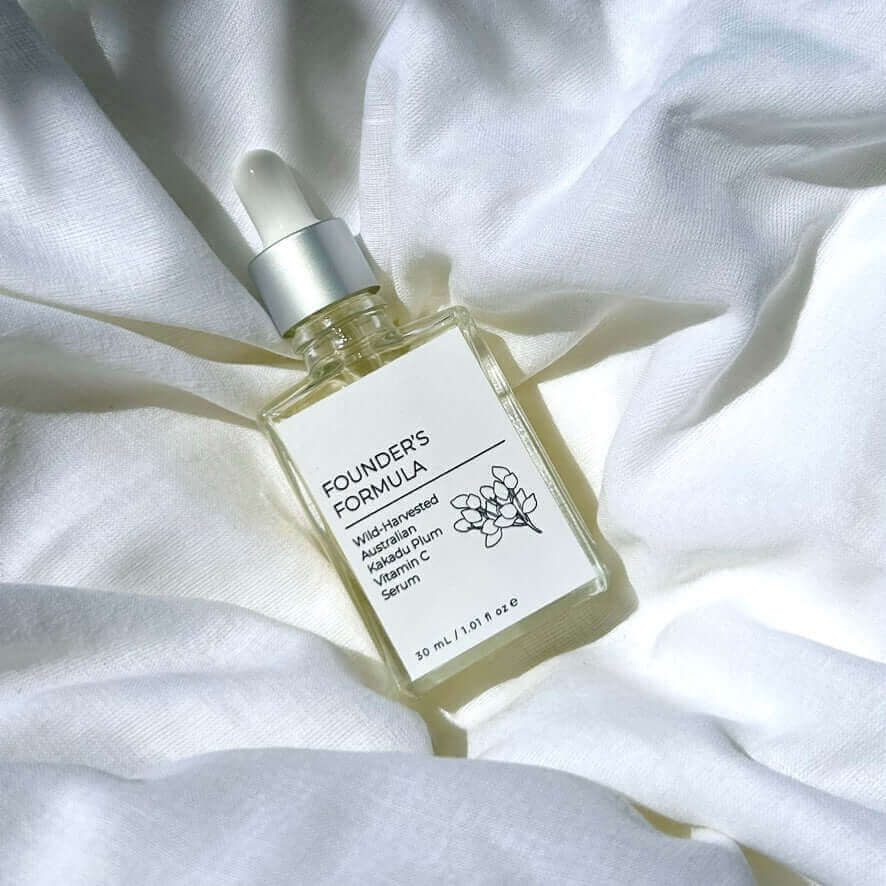


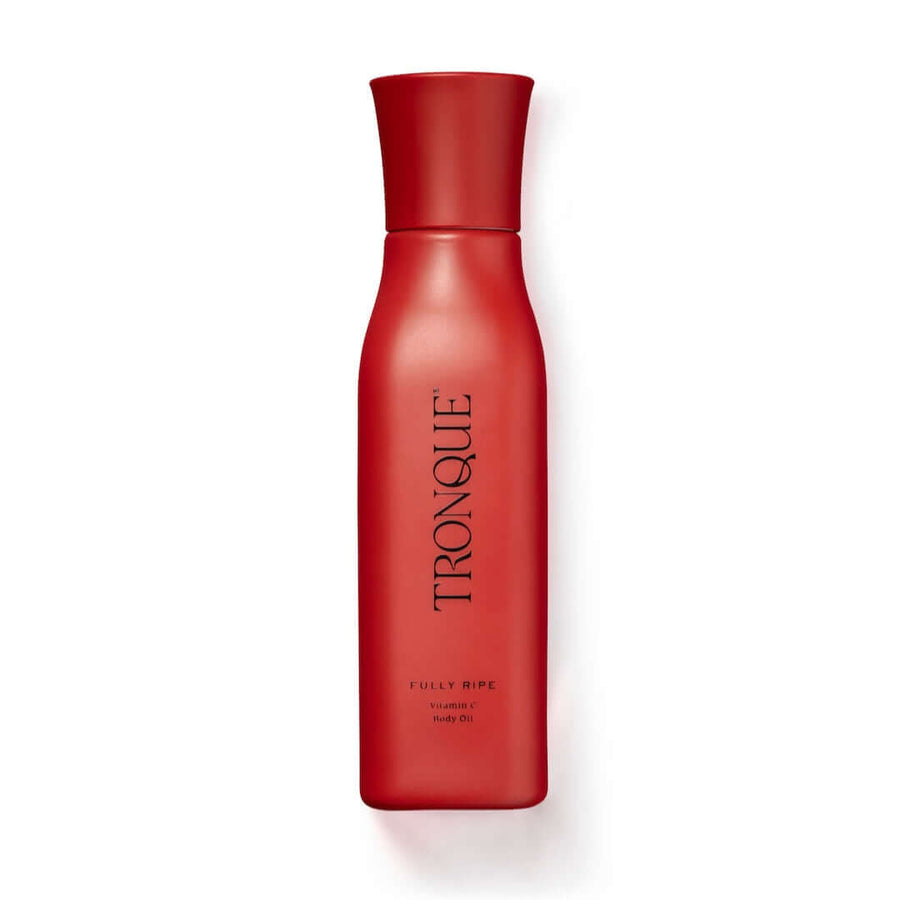
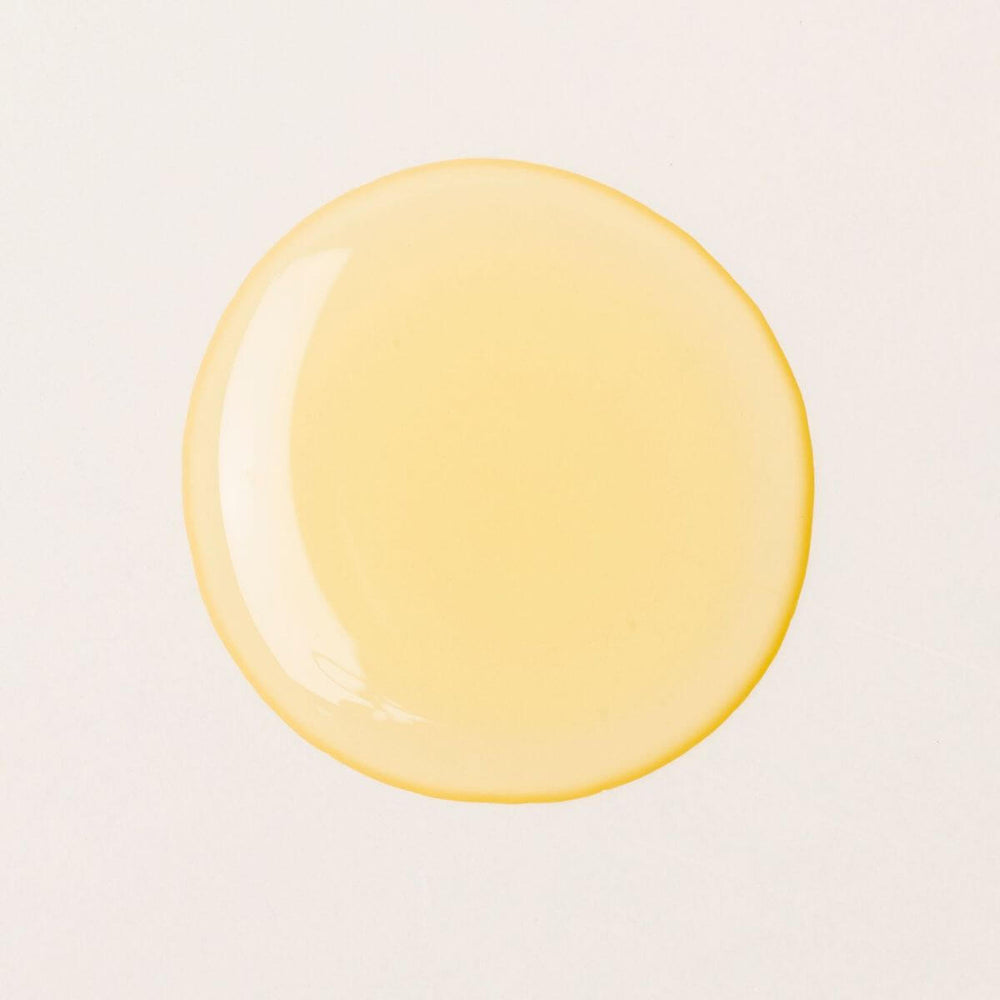
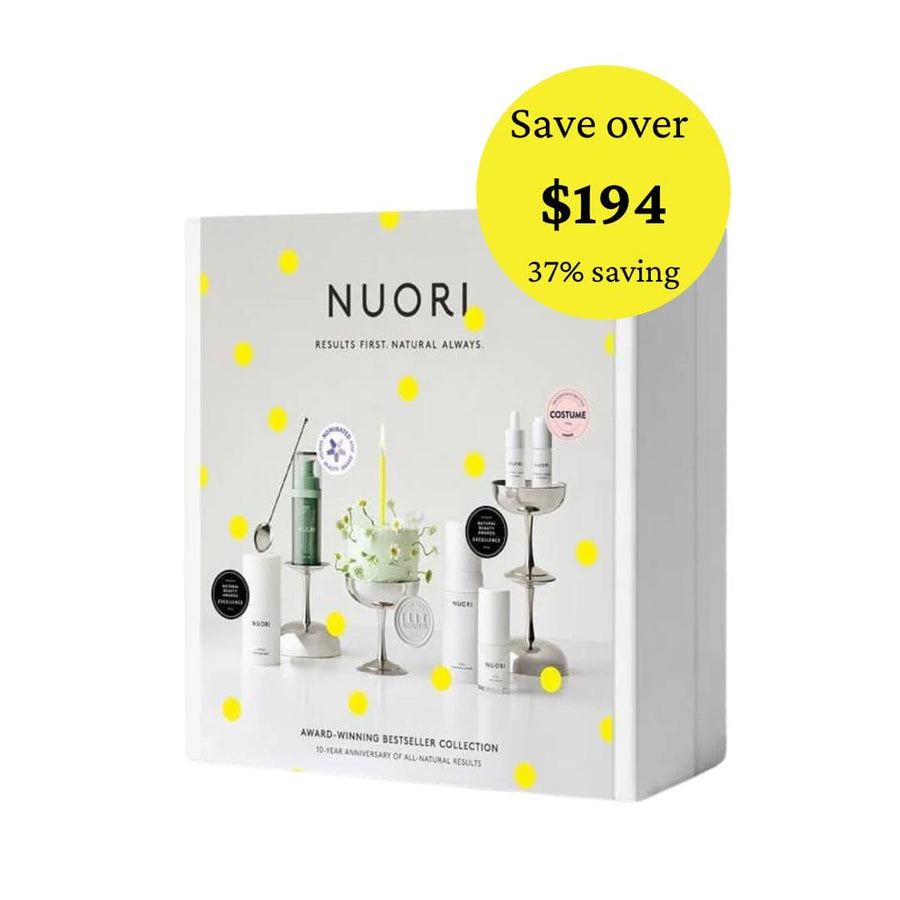
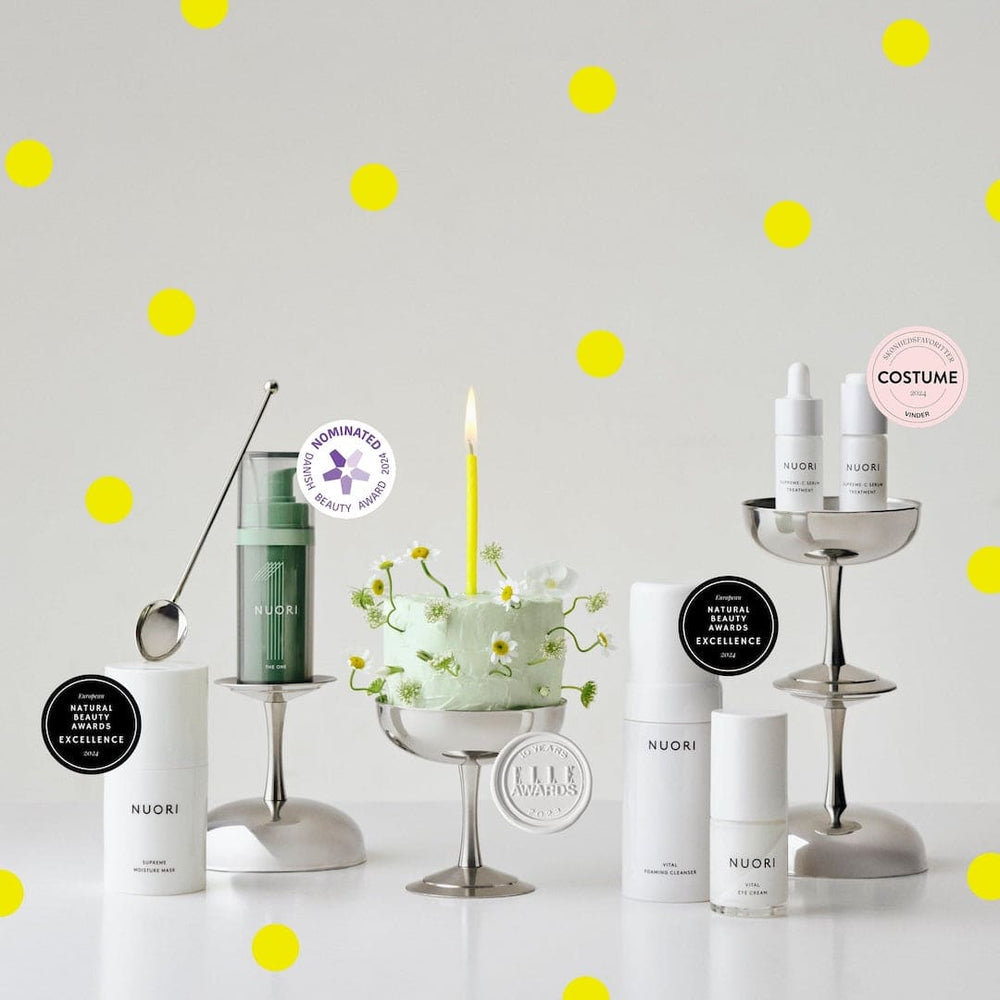


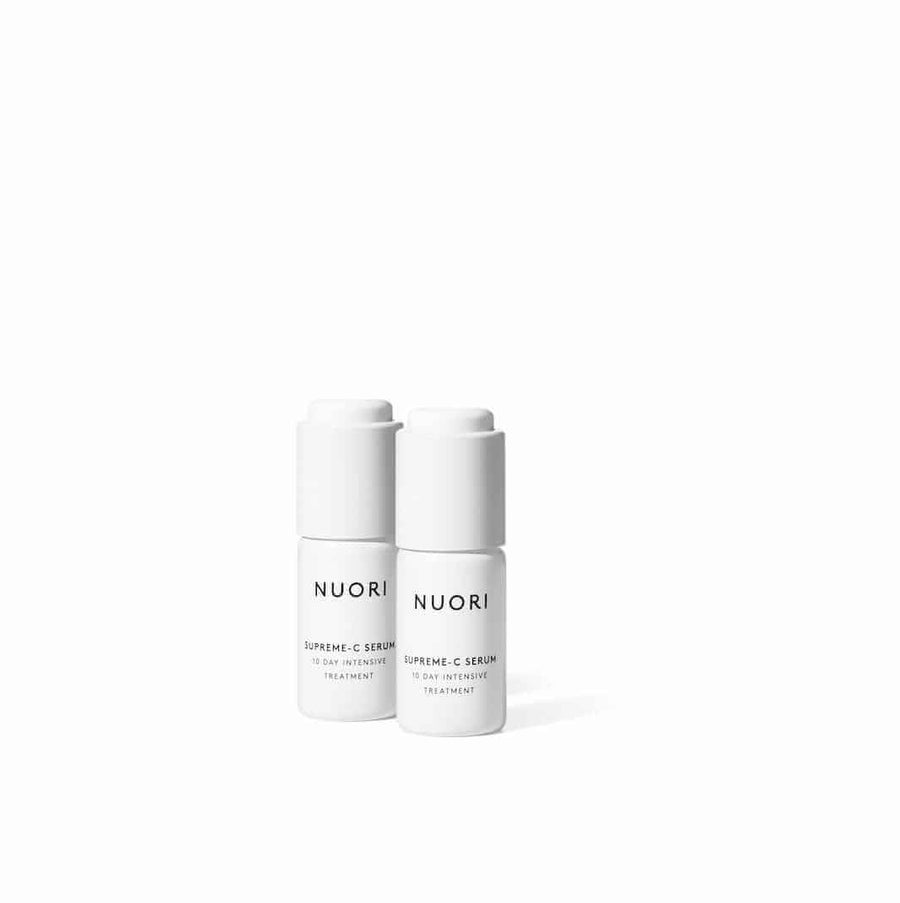
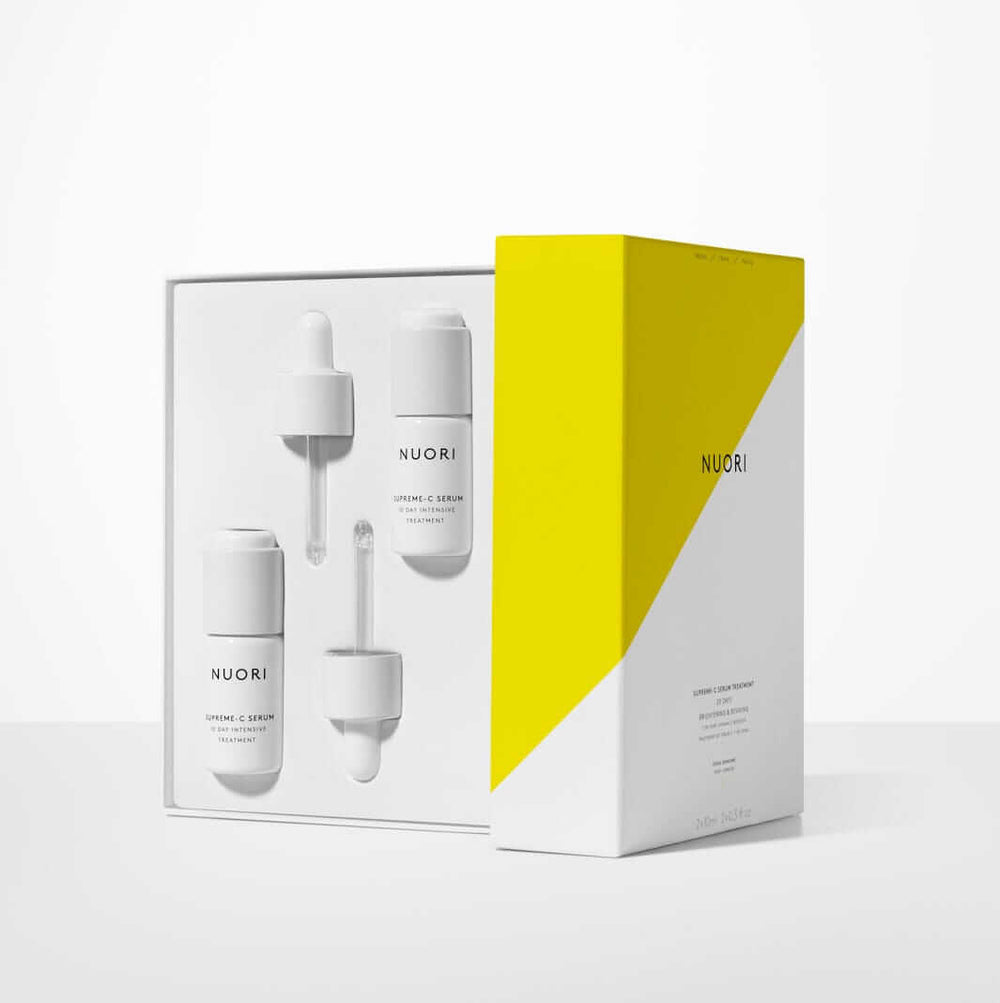
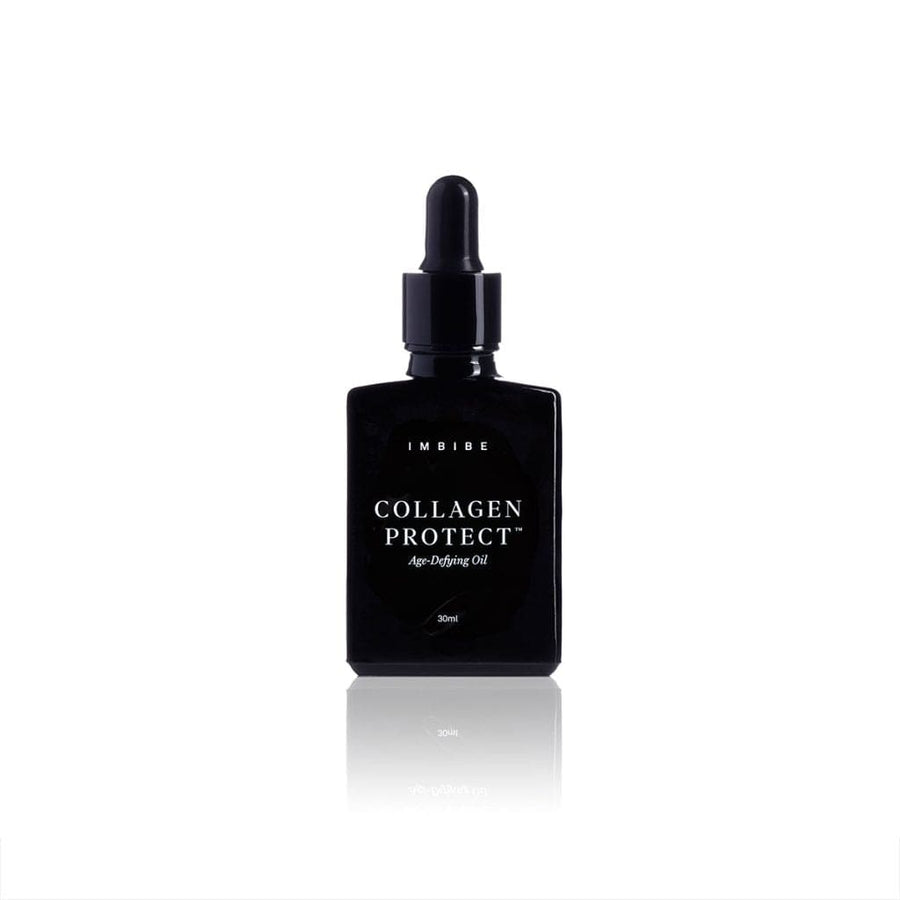

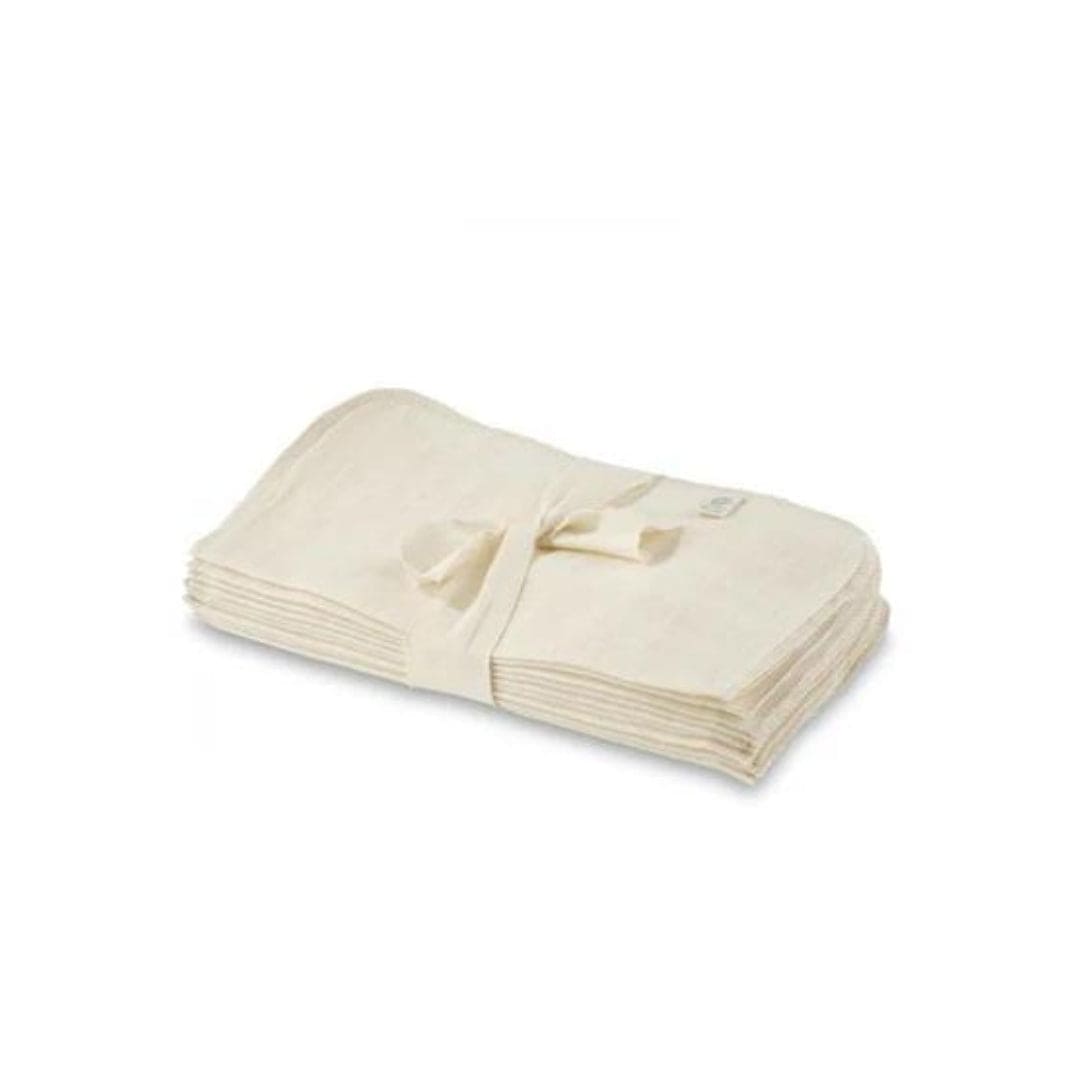
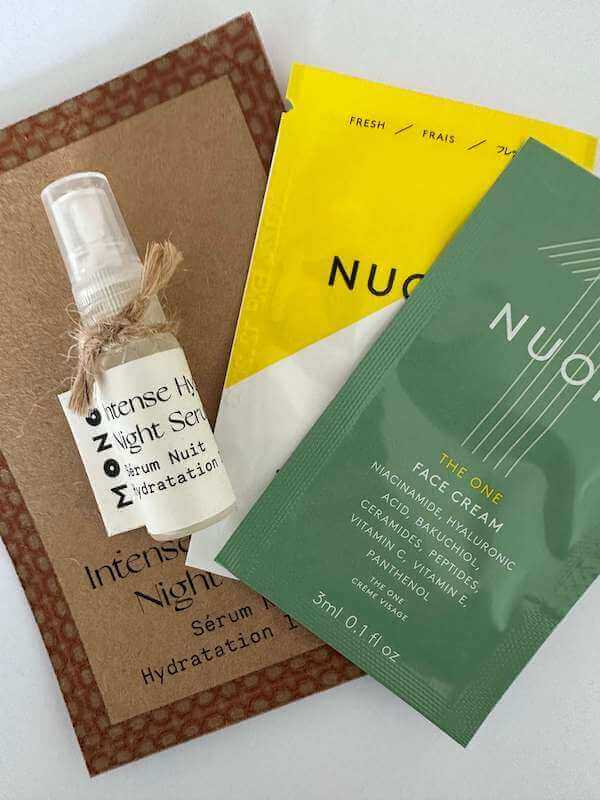
Leave a comment